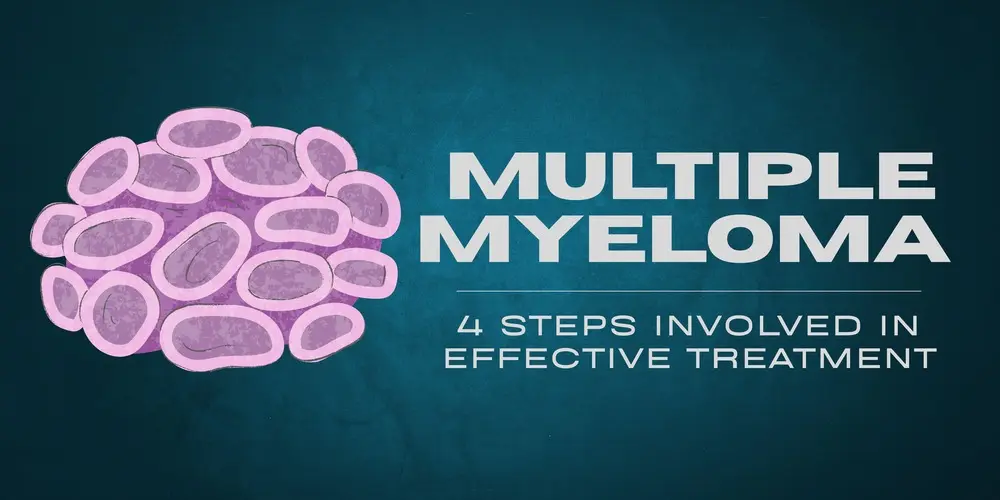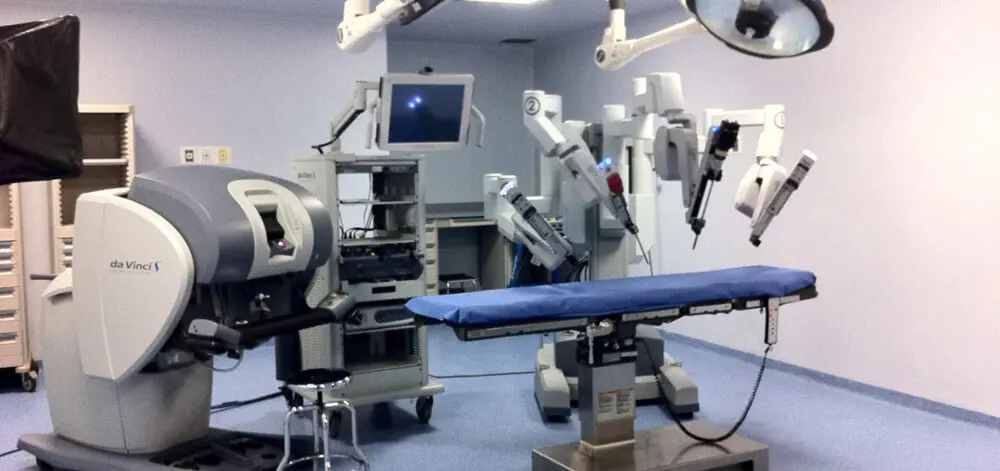Liver Transplant Success & Survival
Liver transplant surgery has transformed countless lives, offering hope to patients with end-stage liver disease. With technological and medical advances, the procedure boasts an outstanding success rate:
| Outcome | Typical Result |
|---|---|
| 1-year survival rate | 85–95% |
| Long-term survival | 50% live 20+ years post-surgery |
| Graft failure (5-year) | 10–15% |
| Hospital stay | 2–3 weeks |
| Best age group | Children & adults <50 years |
| Older patient outcomes | Often favorable with good care |
While the operation can present risks such as infection, bleeding, or organ rejection, many recipients recover well and return to full lives. Young patients tend to heal faster, but age is not a strict barrier, and retransplantation is possible for those experiencing late failure.
Get a free cost estimate
Life After Liver Transplant
Can you get back to normal life after a transplant? The answer is yes—most recipients resume work, travel, and enjoy an active social life within months. The first few months require vigilance.
- Avoid: Alcohol, smoking, heavy lifting, strenuous exercise, crowded places (especially early on)
- Do: Take medications on schedule, attend all follow-ups, eat a balanced diet, prioritize hygiene
- Full recovery: 3 to 6 months for most activities
- Return to work: 3 to 8 months (job-dependent)
- Travel: Usually allowed after 3–6 months with medical clearance
- Alcohol: Strictly prohibited due to risk of liver failure
- Potential lifespan: Up to 40 years or more post-transplant with good health practices
With diligent self-care, most transplant recipients experience restored energy, independence, and the ability to enjoy life for many years.
Liver Donation Risks & Donor Experience
| Aspect | Typical Experience |
|---|---|
| Common risks | Bleeding, infection, bile leak, pain (most treatable) |
| Serious complications | Hernia, anesthesia reaction (rare) |
| Long-term effects | Occasional fatigue or digestive changes (minority) |
| Hospital stay | 5–10 days |
| Return to normal activity | 2–3 months |
| Life expectancy | Same as non-donors |
| Death rate | <0.5% worldwide |
Also Read: Liver Transplant cost in India
- Possible disadvantages:
- Surgical discomfort
- Missed work/income during recovery
- Follow-up medical visits
- Emotional stress (in rare cases)
- Most donors:
- Resume normal, healthy lives
- Return to work and family
- Report high satisfaction and well-being
Major centers have minimized risks through rigorous screening and follow-up, making living donation safer than ever.
Restrictions & Lifestyle Guidance Post-Transplant
- Dos:
- Take medicines exactly as prescribed
- Attend all medical appointments and get tests routinely
- Eat well-cooked, nutritious food
- Maintain personal hygiene
- Communicate any new symptoms to your doctor
- Don’ts:
- Drink alcohol
- Skip or self-modify medicines
- Undergo strenuous activity too soon
- Eat raw or undercooked foods
- Ignore symptoms or miss appointments
- Travel Tips:
- Allow 3–6 months before planning travel
- Get your doctor’s approval
- Carry medications and medical records
- What happens if you drink alcohol after transplant?
- Increased risk of transplant failure, liver disease recurrence, and overall complications
- Can you live 40 years after transplant?
- Yes, long-term survival is possible with optimal care and lifestyle management.
Conclusion
Liver transplantation is a life-saving procedure with impressive, ever-improving outcomes. Donors and recipients, through education and vigilant care, can expect restored health and many fulfilling years ahead. Whether you are preparing for surgery, considering donation, or supporting a loved one, this blog now brings together all your key questions—why, how, where—about liver transplant surgery in one accessible, easy-to-read resource.
You’re not alone in your journey—knowledge, support, and good medical care make confident recovery possible.
References:
https://www.mayoclinic.org
https://columbiasurgery.org
https://my.clevelandclinic.org
https://www.nhsbt.nhs.uk/
https://www.apollo247.com
Sasmita
Author
Sasmita is a Marketing Specialist at Hospidio, a leading medical travel company. With expertise in Google Ads, Facebook Ads, and SEO, she plays a pivotal role in driving international leads for healthcare services in India. In addition to her digital marketing prowess, Sasmita is passionate about creating informative and research-based content. She writes extensively about treatment options available in India, the leading hospitals, and the surgeons that provide specialized care. Her blog posts also explore into new medical technologies and breakthroughs in the healthcare field, with the aim of educating international patients on the benefits of traveling to India for medical treatment.
Guneet Bindra
Reviewer
Guneet Bhatia is the Founder of HOSPIDIO and an accomplished content reviewer with extensive experience in medical content development, instructional design, and blogging. Passionate about creating impactful content, she excels in ensuring accuracy and clarity in every piece. Guneet enjoys engaging in meaningful conversations with people from diverse ethnic and cultural backgrounds, enriching her perspective. When she's not working, she cherishes quality time with her family, enjoys good music, and loves brainstorming innovative ideas with her team.





